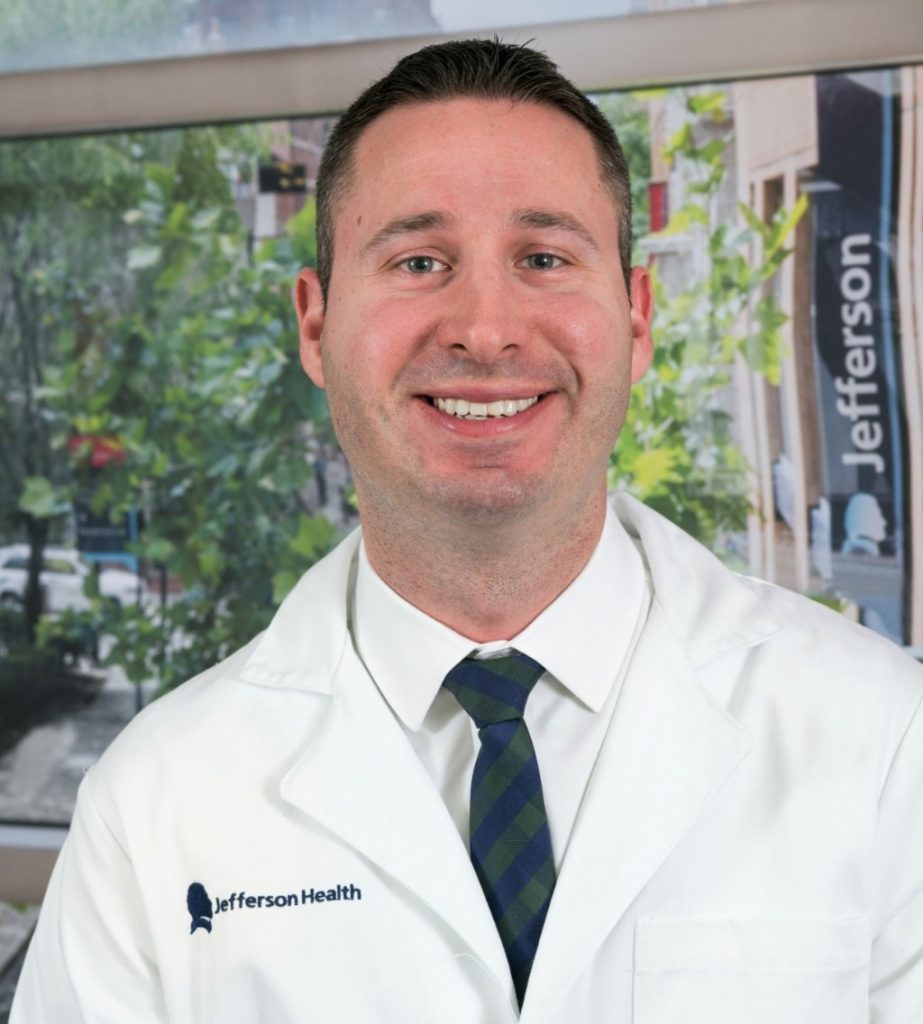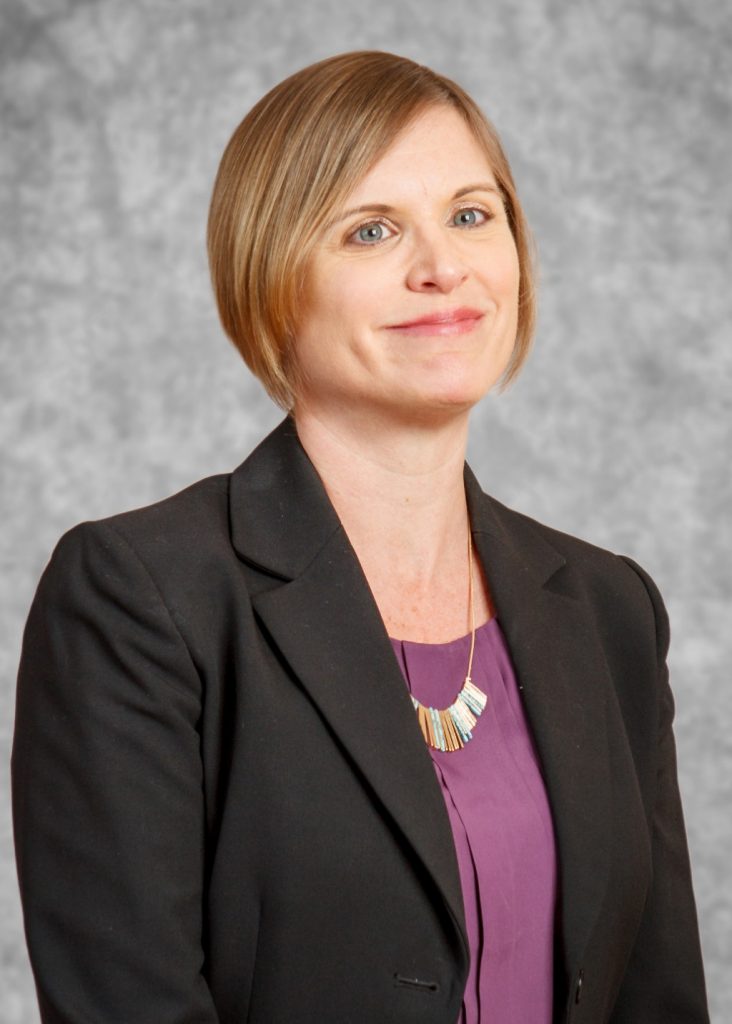In the wake of growing demands for accessible LGBTQ+ competent healthcare, Jefferson Health New Jersey will open an LGBTQ health clinic in Collingswood this summer.
Justin Schweitzer, regional medical director of primary care at Jefferson’s Collingswood location, strongly advocated for the clinic, according to Amanda Kimmel, vice president of ambulatory operations for Jefferson’s southern region.

Dr. Justin Schweitzer, regional medical director of primary care, Jefferson Health New Jersey
“The vision of Jefferson Collingswood Primary and Specialty Care is to provide inclusive medical services to ALL patients, including the LGBTQ+ community,” Schweitzer said in an email.
He and his colleagues chose Collingswood for the clinic’s location because it is home to many LGBTQ residents who would be able to access the center by car or PATCO. The clinic’s primary care services will include well visits and vaccinations, as well as infectious disease treatment, psychiatry and counseling services, according to Schweitzer.
So far, the community response to the anticipated clinic has been positive.

Amanda Kimmel, VP of ambulatory operations Jefferson Health southern region
“Myself and the rest of the Jefferson team appreciate the positive feedback and excitement from those in the community — several people have already reached out to me to collaborate to improve patient lives,” Schweitzer said. Jim Maley, Collingswood’s mayor, also expressed his support of the forthcoming clinic, Schweitzer said.
Schweitzer said he realized an LGBTQ competent healthcare center was necessary in New Jersey, partially because so many queer patients were seeking his care and finding him through word of mouth. But, word of mouth only reaches so many people, while a dedicated LGBTQ+ center will be easily searched and found by anyone.
Schweitzer said patients have been coming to him seeking “PrEP for HIV prevention, ‘triple screening’ for chlamydia and gonorrhea infections, gender-affirming hormone replacement therapy, or just looking for a healthcare office with queer-friendly providers…. Acceptance is important for any patient.”
Additionally, New Jersey residents seeking LGBTQ-competent care, who have New Jersey Medicaid, would have to pay out of pocket if they went to Mazzoni or any out-of-state healthcare provider, Schweitzer added.
Dr. Carman Ciervo, DO, Jefferson’s primary care service line lead, has mentored Schweitzer as they work to develop the forthcoming center.
“It’s been a pleasure to work with him on this project, and he has been a motivating factor in getting this project off the ground,” Schweitzer said in an email. “We both saw a patient population in need and worked together to take the next steps forward.”
Over the past nine months, Schweitzer has attended collaboration meetings with members of Mazzoni’s leadership team, including Chief Medical Officer Dr. Nancy Brisbon.
“We’ve had a longstanding partnership with Jefferson for a lot of things,” said Larry Benjamin, Mazzoni Center’s director of communications and interim director of development and marketing. “In the very beginning when we started doing HIV testing, we would take the bloodwork to Jefferson to process. One of our doctors had to carry it by hand because no courier would deliver HIV-infected blood.”
Mazzoni Center has been serving the LGBTQ+ community since 1979. Along with medical care, Mazzoni provides professional development programs that give LGBTQ-competent training to organizations in similar and disparate fields, including medical, behavioral health and legal businesses.
“I’d like to think because we’re doing this for so long, that we’re kind of a role model in terms of competency and how to really take care of this community,” Benjamin said.
“Obviously the need [for the LGBTQ clinic] is there; we’re fully supportive of it,” said Dr. Mark Watkins, physician at Mazzoni Center. Watkins also said he sees a need for more LGBTQ-competent care facilities in the Philadelphia suburbs, in addition to Main Line Health’s LGBTQ-specialized primary and preventive care practices in Bryn Mawr, Paoli and Media. Mazzoni Center currently has a long wait period for new patients, primarily because it is one of the few affordable LGBTQ+ competent health care providers. New LGBTQ competent care centers will disseminate the patient population and allow all providers to offer more efficient care.
“I remind my current patients that this office is inclusive of a specific population, but not exclusive — you don’t need to be LGBTQ+ to be a patient here,” Schweitzer said. “Over the past few years, I’ve found that not many PCPs in Southern New Jersey are providing some of the services we plan to offer, so I’m doing my part to help our community.”